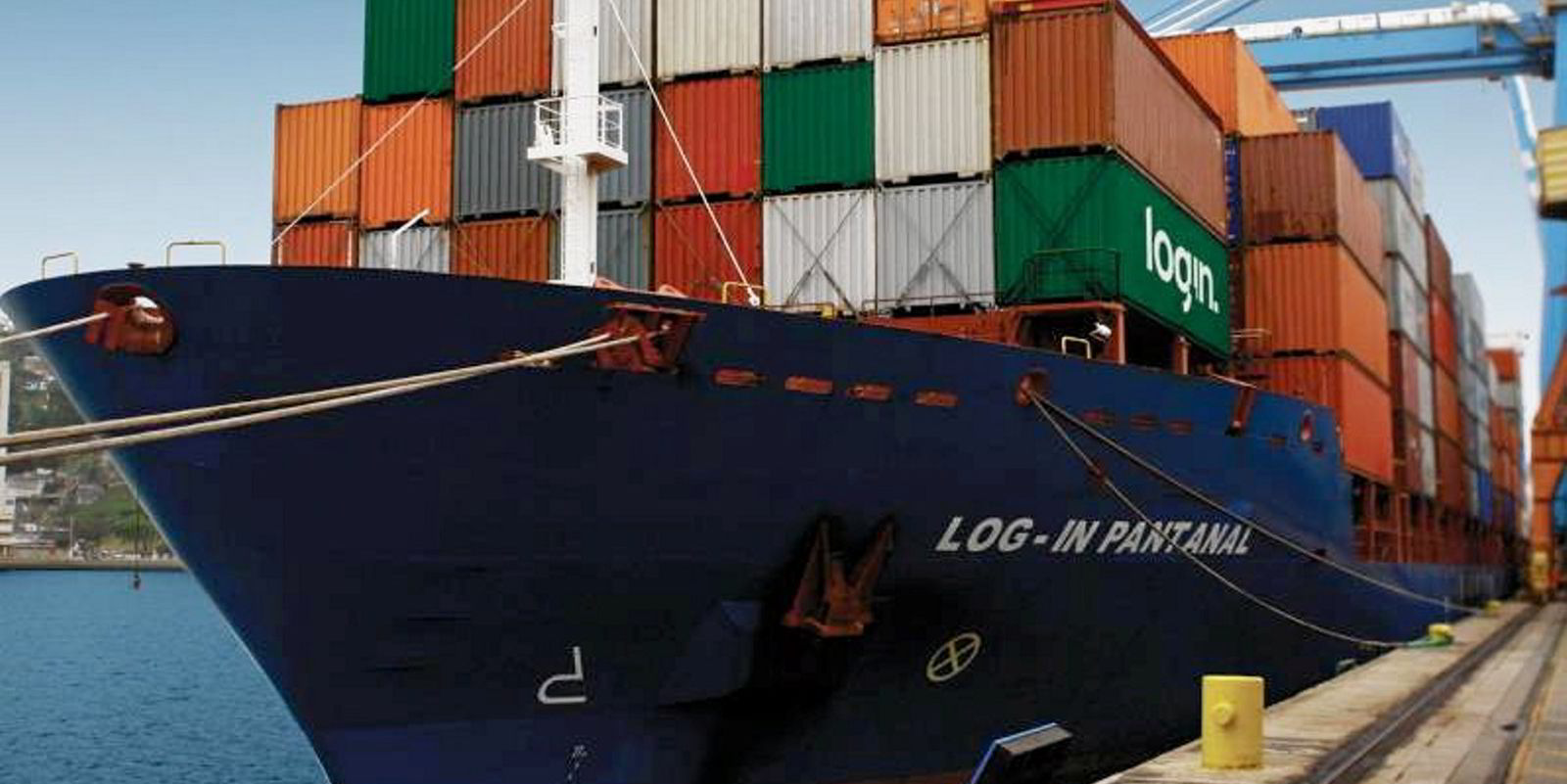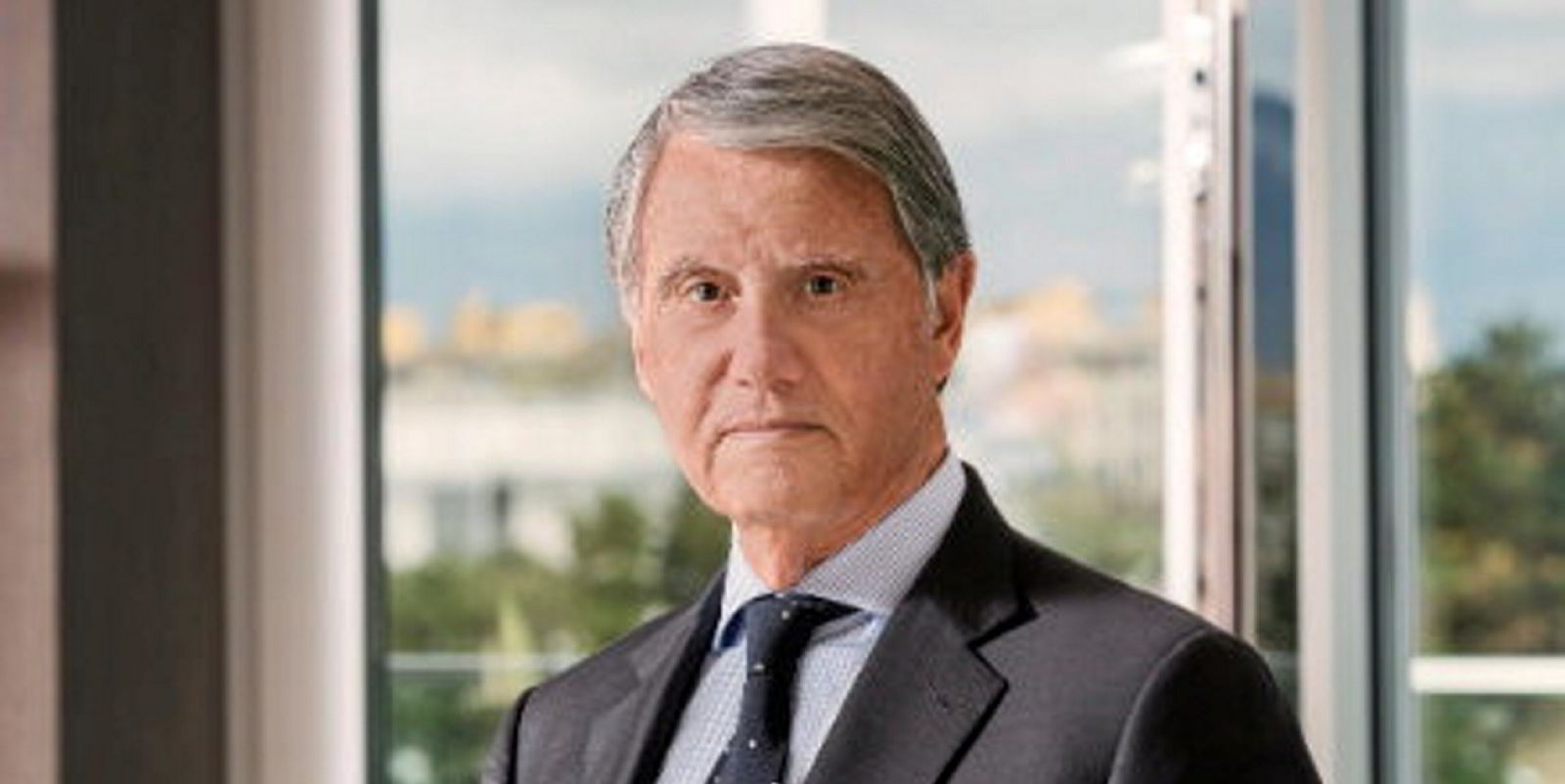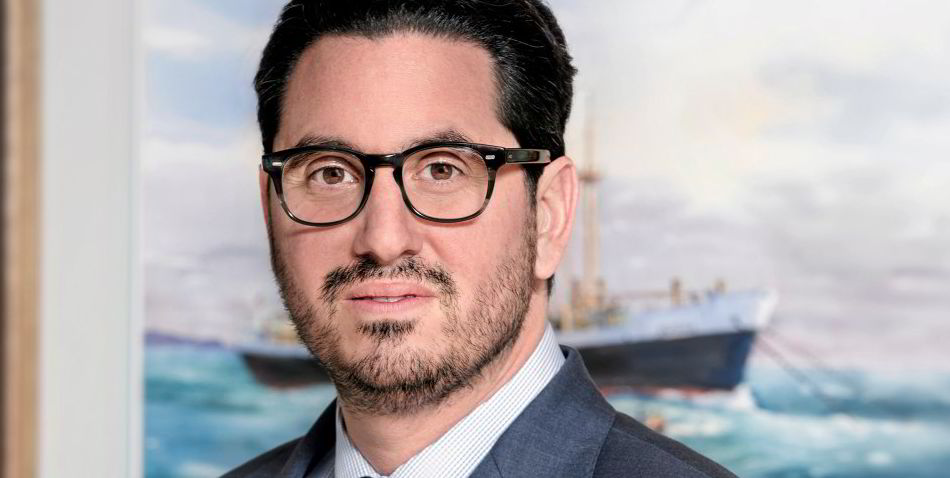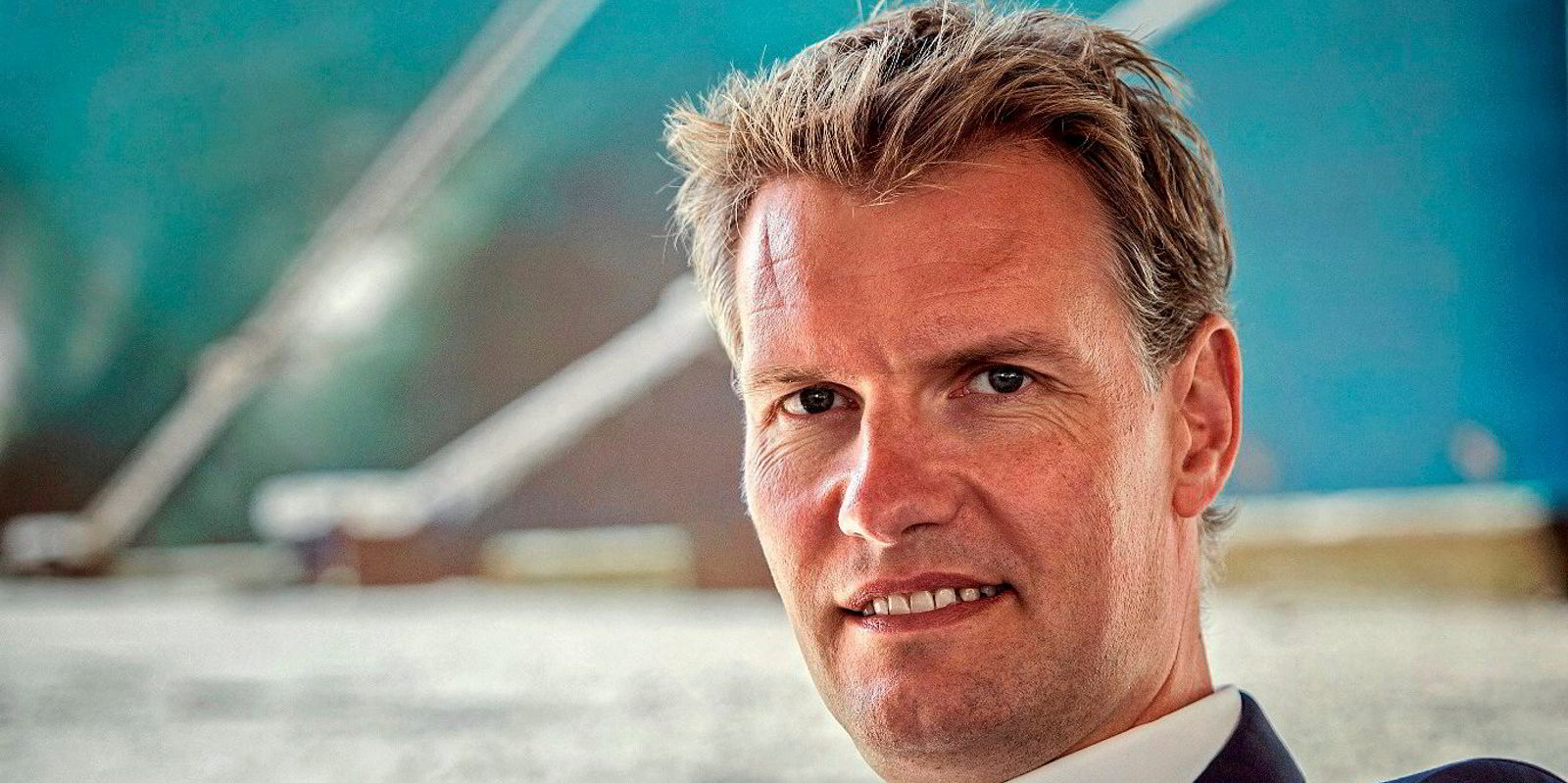Mediterranean Shipping Co (MSC) today overtook AP Moller-Maersk to claim the title of the world's largest ocean carrier.
The Geneva-based carrier secured the number one slot on 5 January with the delivery of the 4,992-teu Mexico (built 2002), according to fleet statistics provided by Alphaliner.
That makes MSC the largest carrier by operated container vessel capacity. It controls a fleet of 645 container ships with a capacity of 4,284,728 teu and a global market share of 17%.
Long-time number one Maersk is listed with container capacity of 4,282,840 teu.
The emergence of MSC as the world's largest liner operator comes 52 years after its foundation in 1970 by Gianluigi Aponte.
In contrast to most other major ocean carriers, which reached their positions in the top 10 through a series of mergers and acquisitions, MSC's rise to the top was entirely organic, Alphaliner noted.
The Swiss company has shown strong growth in recent years, mainly through the phase-in of large newbuild boxships.
Since 2020, it has also grown significantly through the rapid acquisition of 128 secondhand vessels.
Alphaliner described that as "an unprecedented number in shipping history".
With an orderbook of almost exactly 1m teu, the largest of all carriers, MSC is expected to consolidate its position this year, it added.
Moreover, MSC looks set to expand further, with more acquisitions in the pipeline.
It is poised to close its first carrier acquisition and buy a 67% majority stake in the Brazilian regional and domestic shipping and logistics firm Log-In Logistica, which will add 15,000 teu of capacity.
Five decades in the making

Last month, the company lined up the acquisition of Bollore Africa Logistics, a logistics provider and terminal operator in Africa, in a deal with an enterprise value of €5.7bn ($6.46bn).
MSC is the largest ocean carrier by operated container vessel capacity, with both owned and chartered vessels.
The company narrowed Maersk's capacity lead since the turn of the year by taking delivery of more ships that it had already acquired secondhand last year, according to Alphaliner.
These include the 1,118-teu MSC Ada F (ex-Adam Pearl, built 2000), 1,087-teu MSC Manasa F (ex-Alion) and 2,732-teu MSC Giada III (ex-Scio Sky, both built 2002).
The vessel finally making the difference, the Mexico, was on charter to Maersk until recently.
MSC bought it from Israeli tonnage provider XT Shipping last June for $50.5m.
The Mexico arrived at Singapore anchorage on 30 December and was handed over to MSC. It will leave Singapore on 6 January under the new name MSC Mexico.
The capacity gap between MSC and Maersk is expected to remain tight for weeks due to daily fleet fluctuations from charter on-hires and off-hires.
"MSC is, however, expected to become a permanent number one in the first half of 2022, when numerous large newbuilt container ships are scheduled to be delivered to the carrier," Alphaliner said in a note.
MSC was launched in 1970 with a German-built secondhand vessel of just 2,900 dwt, acquired from Hapag-Lloyd and renamed Patricia.
The company flourished and over the years developed into a huge group.
It includes intra-Europe carrier WEC Lines, as well as a small number of vessels operated by Medlog.
The company also owns 49% of Italian ro-ro operator Linea Messina, as well as interests in terminals (TIL, MSC), ropax ferries (GNV), fast ferries (SNAV), logistics (Medlog), cruises (MSC Cruises) and other related fields.
MSC has long been touted as the world's largest carrier, but previous estimates were incorrect, according to Alphaliner, because they ignored the time lag from the agreement to acquire a secondhand ship to the actual on-hire and delivery to the new operator.
Earlier estimates of MSC's fleet size also mistakenly suggested that the Log-In Logistica takeover had been completed, while it is still pending, the analyst added.
The estimates also incorrectly included the fleet capacity of companies in which MSC has only a minority stake, such as Linea Messina.







